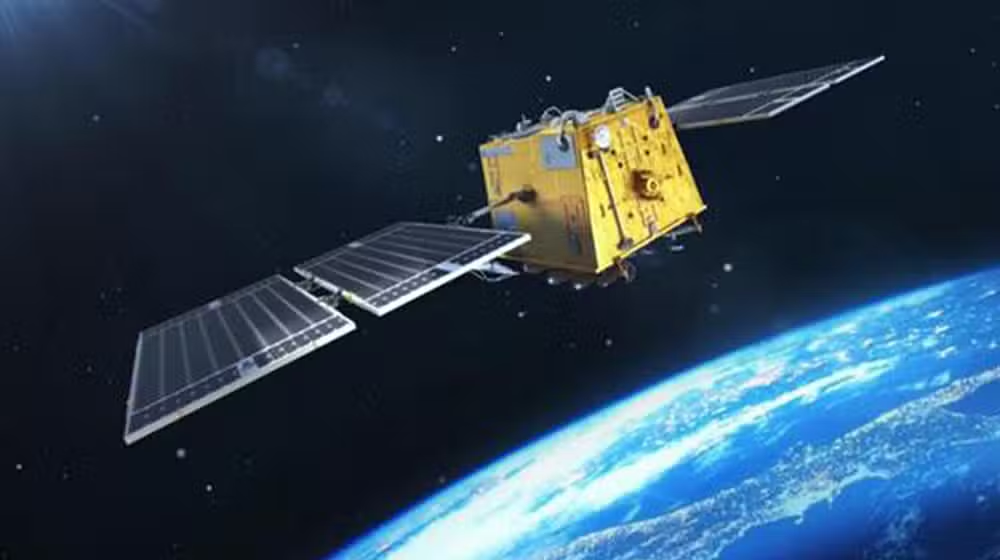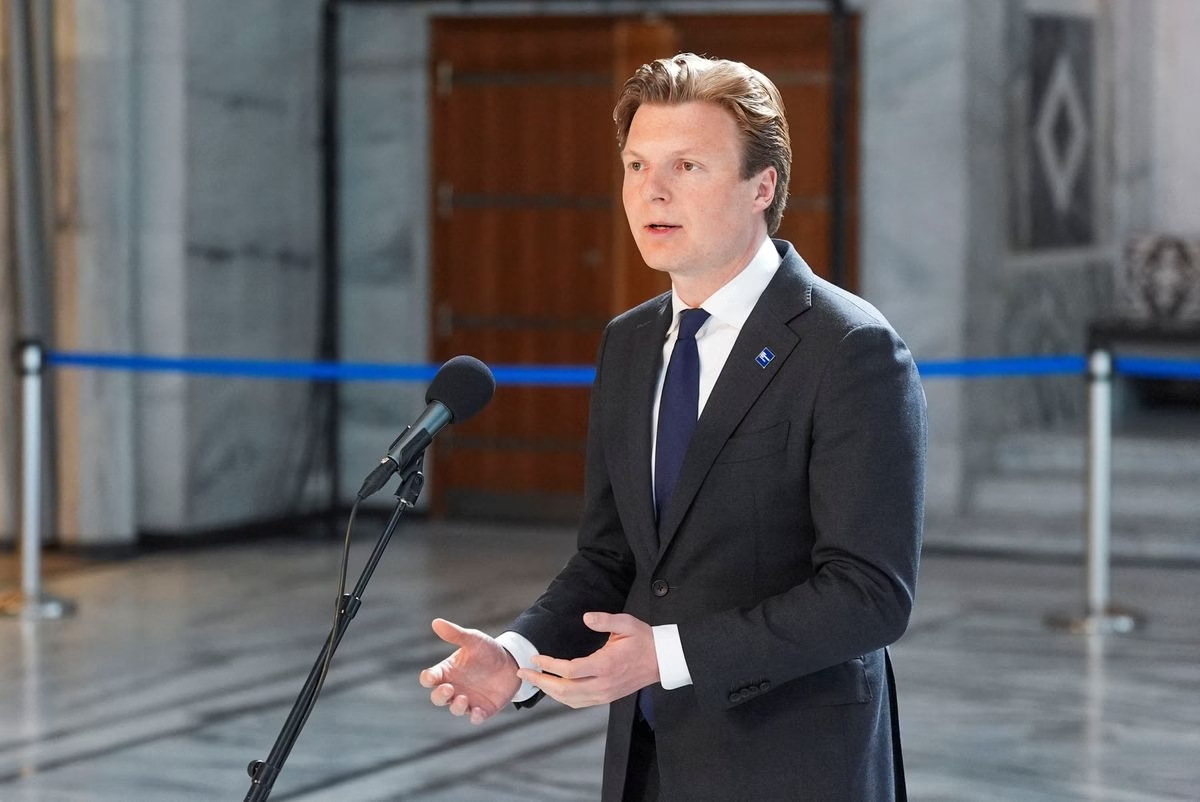Prime Minister Shehbaz Sharif met with a high-level delegation from China’s leading space technology firm, GalaxySpace, led by its Chairman Xu Ming, signaling a potential turning point in Pakistan’s growing ambitions in the space and satellite technology sector.
The Chinese delegation expressed strong interest in investing in Pakistan’s space technology industry, with a focus on satellite development, advanced telecommunications, and satellite-based internet services. The meeting, held in Islamabad, emphasized strengthening bilateral cooperation in cutting-edge technological fields, aligning with Pakistan’s strategic vision for digital transformation and space advancement.
Strengthening Pakistan-China Space Cooperation
During the meeting, Prime Minister Shehbaz Sharif emphasized the strategic importance of developing Pakistan’s space technology sector, noting its potential to revolutionize communication, disaster management, agriculture, and education. He reaffirmed Pakistan’s commitment to deepening its technological collaboration with China, a country he referred to as Pakistan’s most reliable friend and strategic partner.
We consider space technology to be a critical component of our future, the prime minister stated, and we deeply value China’s continued support and partnership in this area.
Exploring Joint Ventures and Collaborations
The GalaxySpace delegation held detailed discussions on the possibility of launching joint ventures with Pakistani space organizations, including the Pakistan Space and Upper Atmosphere Research Commission (SUPARCO) and private telecom companies. These collaborations are aimed at expanding satellite capabilities, improving internet access in rural areas, and strengthening national infrastructure for space research.
The delegation noted that Pakistan’s rapidly growing digital ecosystem presents a favorable environment for investment and innovation. They praised the potential for mutual gains through shared research and development initiatives that could not only enhance Pakistan’s space capabilities but also contribute to GalaxySpace’s global objectives.
Productive Meetings with Key Pakistani Officials
The Chinese representatives described their earlier meetings with officials from the Ministry of Information Technology and Telecommunication and SUPARCO as highly productive and encouraging. These discussions included technical briefings, capability assessments, and exploration of long-term projects that align with the broader digital and space roadmap of both nations.
The meetings gave us confidence in the direction Pakistan is heading in terms of space innovation and digital growth,said Xu Ming. We see an opportunity to contribute meaningfully through investment and cooperation.
Top Leadership Participation
The meeting with Prime Minister Shehbaz Sharif was attended by several senior government officials, reflecting the high priority the government places on space and technology development. These included:
- Federal Minister for Economic Affairs Ahad Khan Cheema
- Federal Minister for IT and Telecommunication Shaza Fatima Khawaja
- Prime Minister’s Adviser Dr. Tauqir Shah
- Secretary IT and Telecom Zarar Hashim
- Chairman of Pakistan Telecommunication Authority (PTA) Hafeez Rehman
- Member Telecom Muhammad Jahanzeb
These senior officials highlighted various incentives and reforms introduced by the government to support foreign investment in Pakistan’s digital infrastructure and technological sectors. They reiterated Pakistan’s commitment to providing an investor-friendly environment and ensuring policy continuity for strategic projects.
A Leap Toward a Technological Future
This engagement with GalaxySpace aligns with Pakistan’s Digital Vision 2025, which includes boosting internet accessibility, improving national connectivity, and strengthening domestic capacity for satellite production and usage. By leveraging Chinese expertise, particularly from a globally respected firm like GalaxySpace, Pakistan aims to bridge the technology gap and become a significant player in regional space technology initiatives.
The partnership could also play a key role in enhancing satellite-based services for remote and underserved areas, enabling educational, healthcare, and economic opportunities for millions across Pakistan.
The meeting ended on a positive note, with both sides agreeing to continue technical-level discussions and explore pilot projects that could be launched in the coming months. Prime Minister Shehbaz Sharif welcomed further proposals and directed concerned departments to expedite evaluation processes and identify priority areas for cooperation.
As Pakistan looks toward a future driven by digital transformation and technological self-reliance, its collaboration with China—particularly in the realm of space—may prove to be a defining chapter. The visit by GalaxySpace, combined with the government’s proactive approach, marks a strong step forward for Pakistan’s ambitions in space innovation and infrastructure development.



